


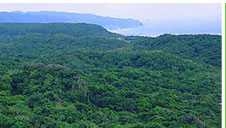
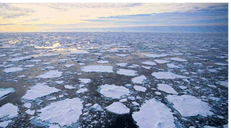
| Lecture in EEC Series - 2016 | ||||||||
Environment and Earth Care Lecture Series - 2016 Prof. Pranav N. Desai, Centre for Studies in Science Policy, JNU delivered lecture on "Science Diplomacy" Science diplomacy in foreign policy is becoming important in providing new opportunities for collaborations among countries. It is being seen as a vital policy instrument to enhance and enable building of trust towards a common goal. Discussion will focus on identification of contextual relevance of science diplomacy in India and trajectory of science & technology cooperation for growth towards sustainability. What should be priority areas where Sectoral / S&T strengths and level of knowledge of each of the countries can be shared? How India can leverage its knowledge and skill to enhance diplomatic relations within South Asian countries? What should be modus operandi in building trust? Climate Change Research Institute (CCRI) organized a brainstorming discussion meeting on ‘Science Diplomacy’ jointly with Trans–Disciplining Research Cluster in Sustainability Studies (TRCSS), JNU at IIC, New Delhi. It is one of the first brainstorming on the subject held on 12th May 2016. On this occasion Prof. Pranav N. Desai, Centre for Studies in Science Policy, JNU delivered the lecture in Environment and Earth Care Series – 2016. Eminent Panelists were Prof. D.P. Agarwal, Former Chairman UPSC; Prof. Kavita Sharma, President, South Asian University; Sh A. B. Agarwal, Executive Director NHPC; Sh. R. K. Sharma, Scientists ‘E’, DST and Dr. Nafees Meah, Director RCUK. Dr. (Mrs) Malti Goel, CEO, CCRI introduced the theme and Sh Gautam Sen, Consultant, oil & gas made concluding remarks. The focus of the discussion was on the role of science & technology in Science Diplomacy in South Asia, which is getting renewed attention from the Government of India to achieve regional integration. The discussion topics included: (i) Knowledge Networking; (ii) Hydropower; (iii) Cultural diplomacy; (iv) Science & Technology, Research and Collaboration; (v) Education. |
||||||||




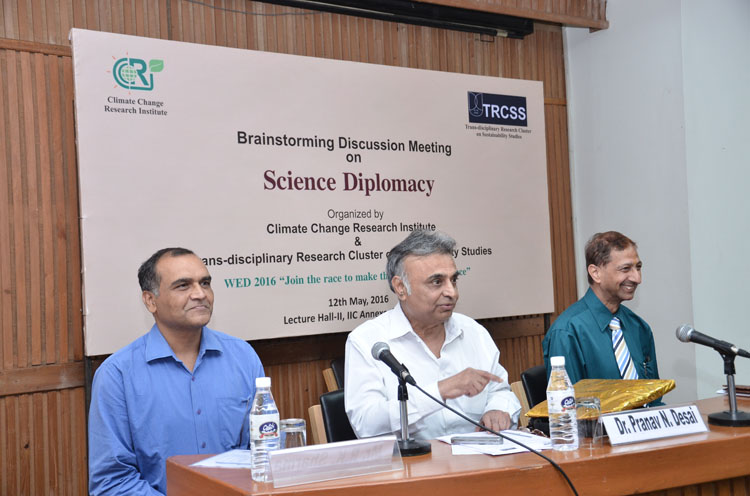

|
||||||||


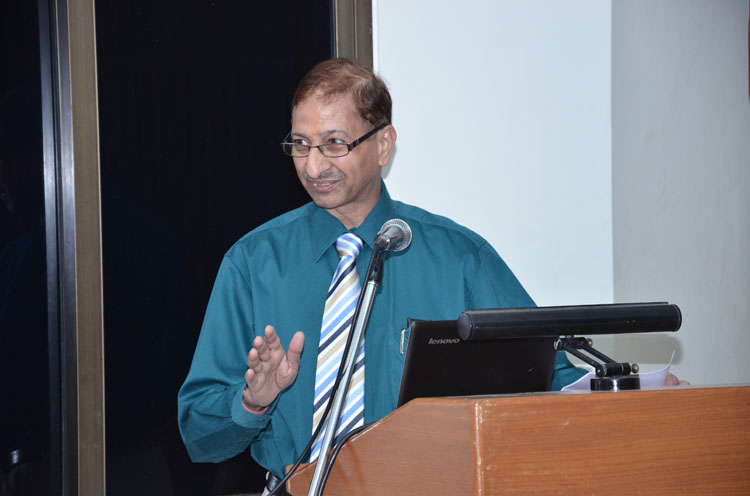

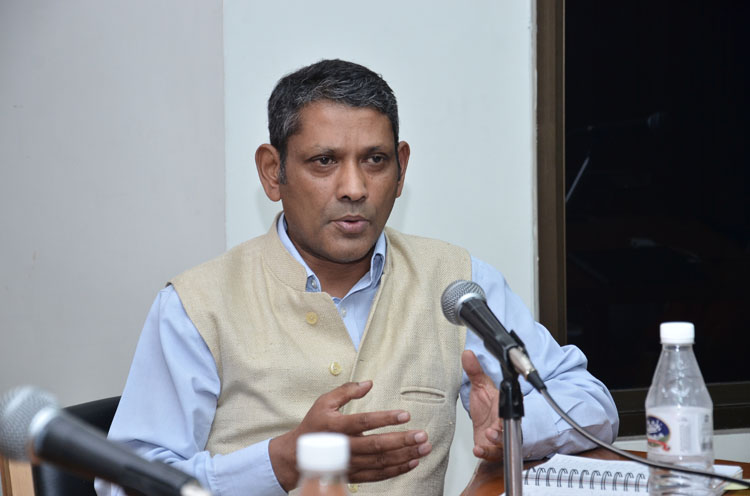
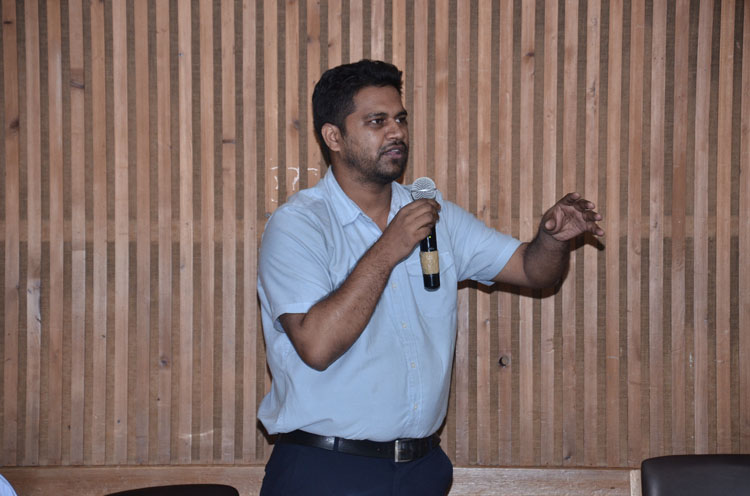
|
||||||||
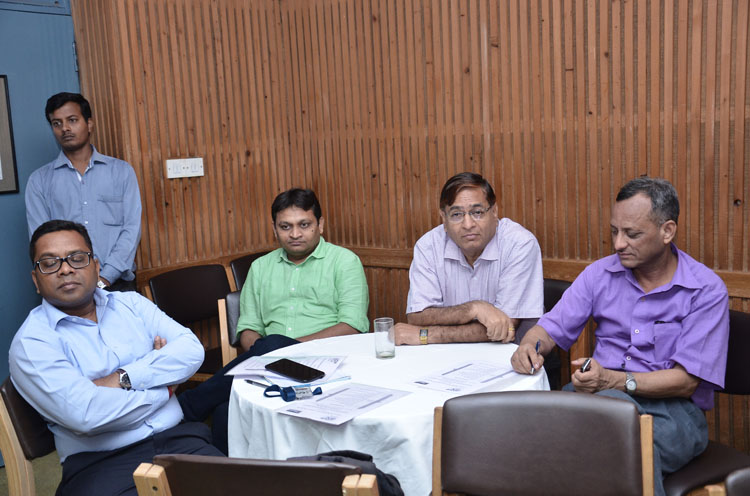

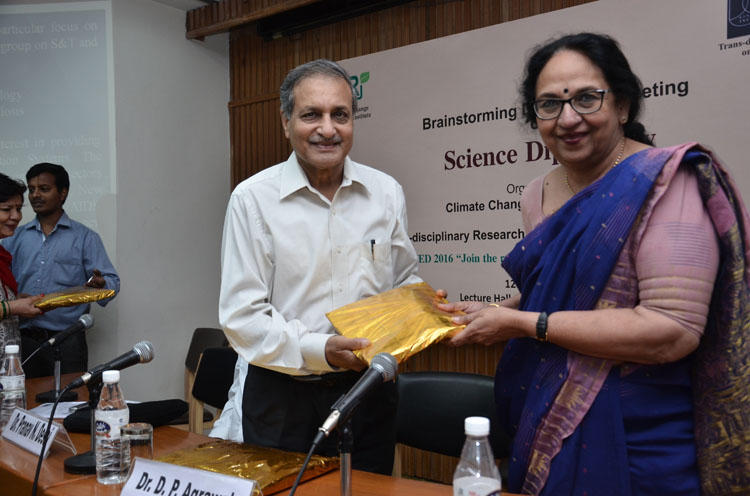
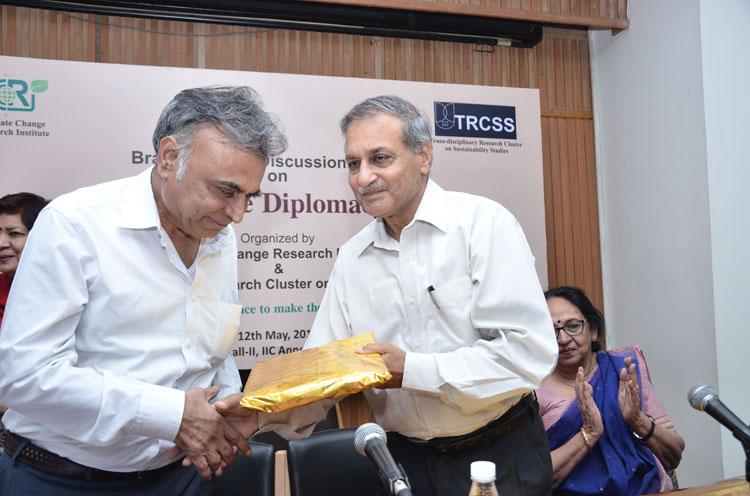
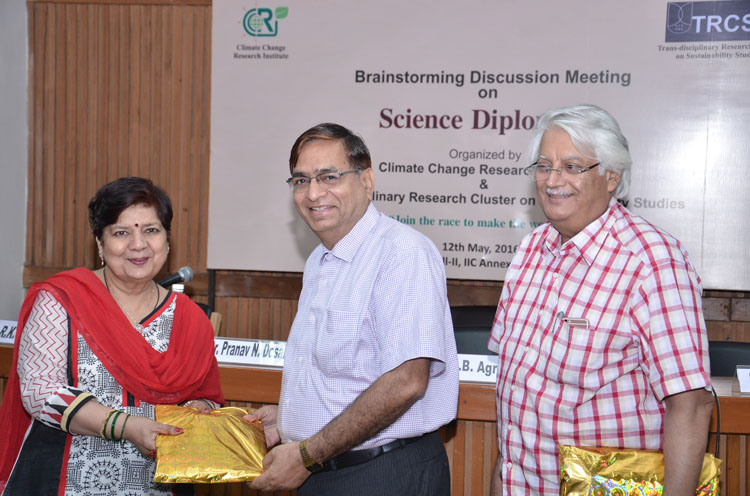
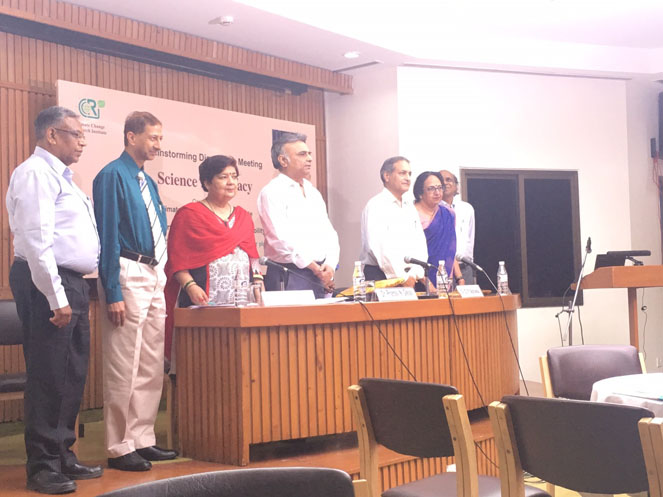
|
||||||||
Home | About us | Member | Brochure | Highlights | Education & Awareness | Our Patrons | Disclaimer | Copyright | Gallery | Contact |
||||||||
| Copyright © Climate Change Research Institute |
|